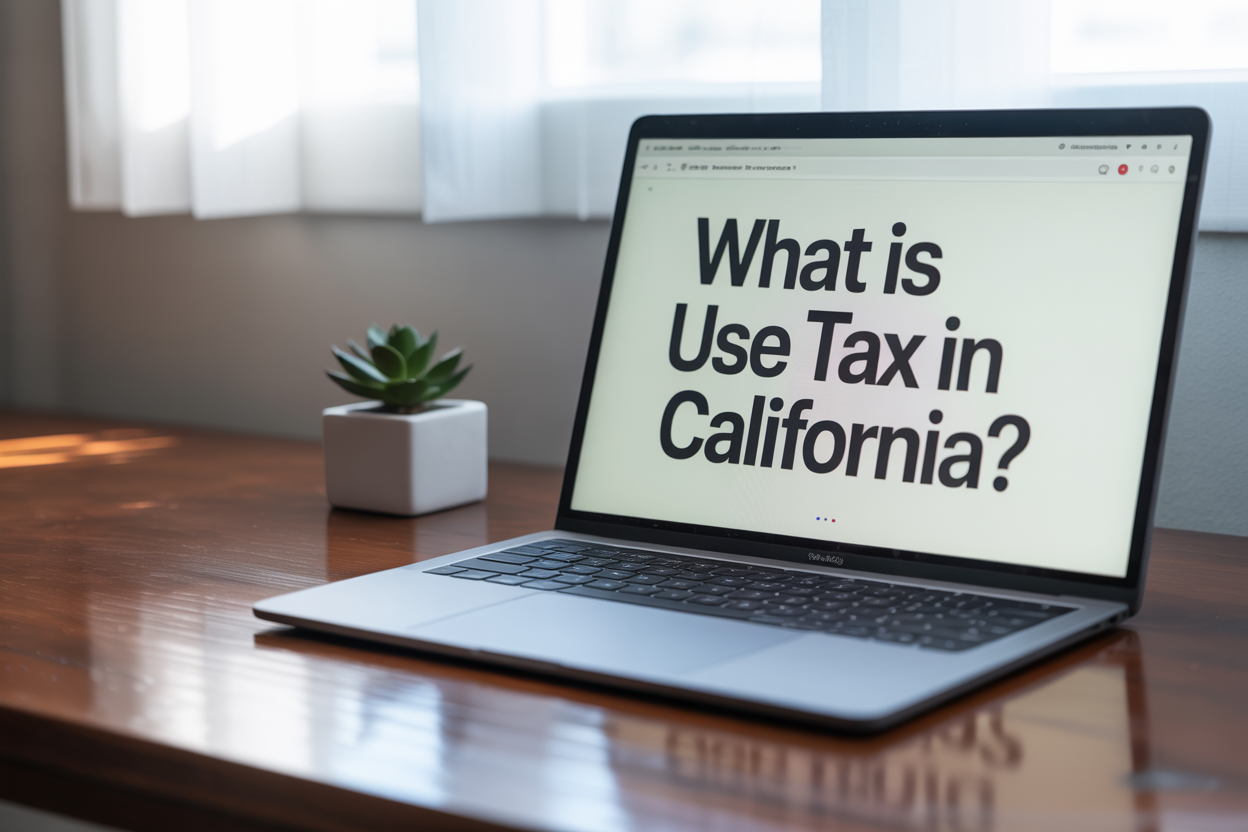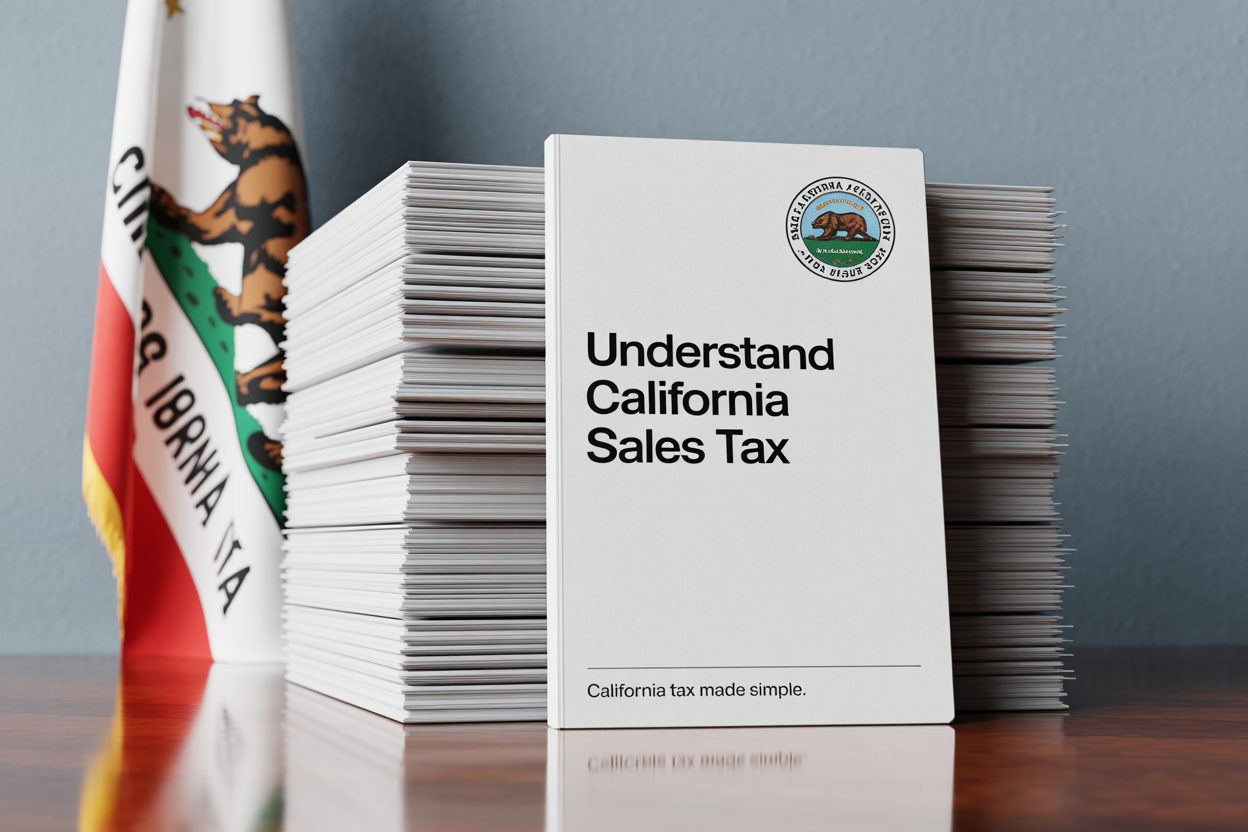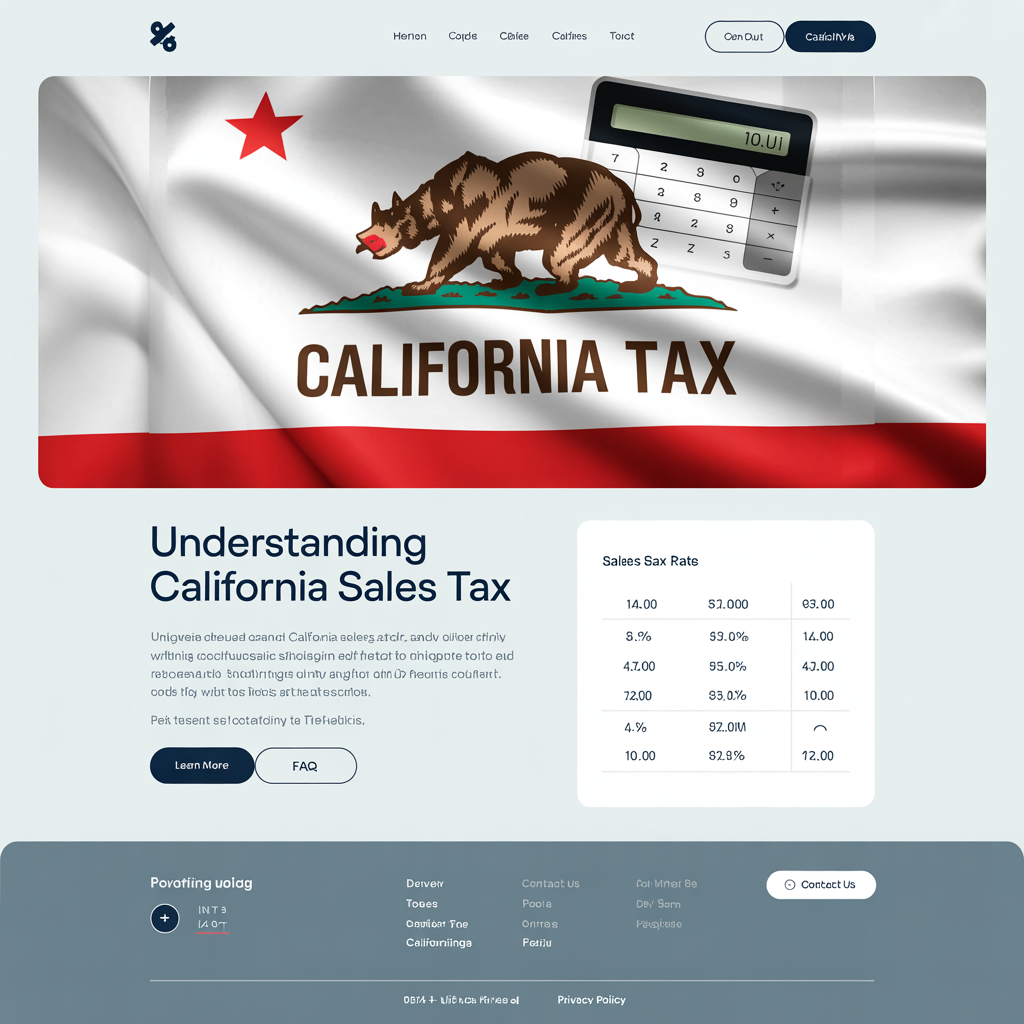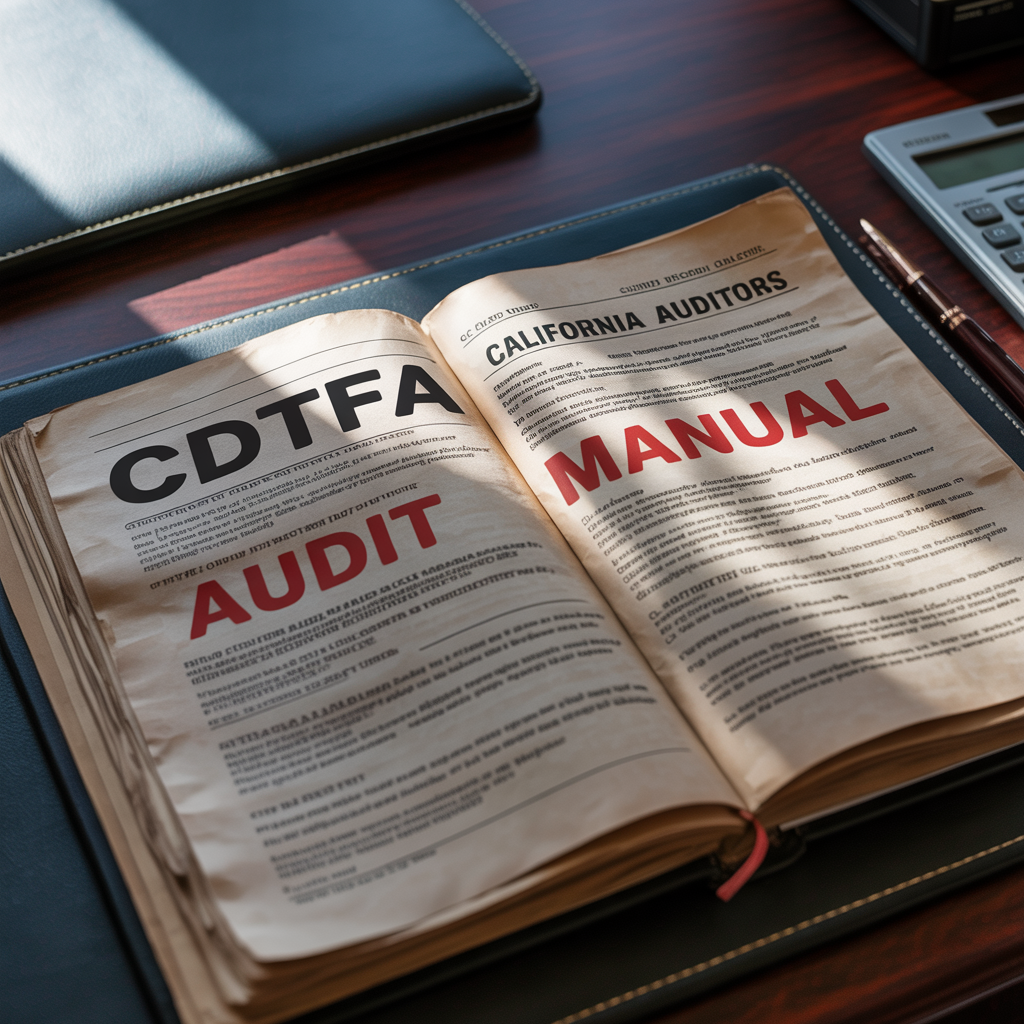How the CDTFA Handles Tax Liens in California
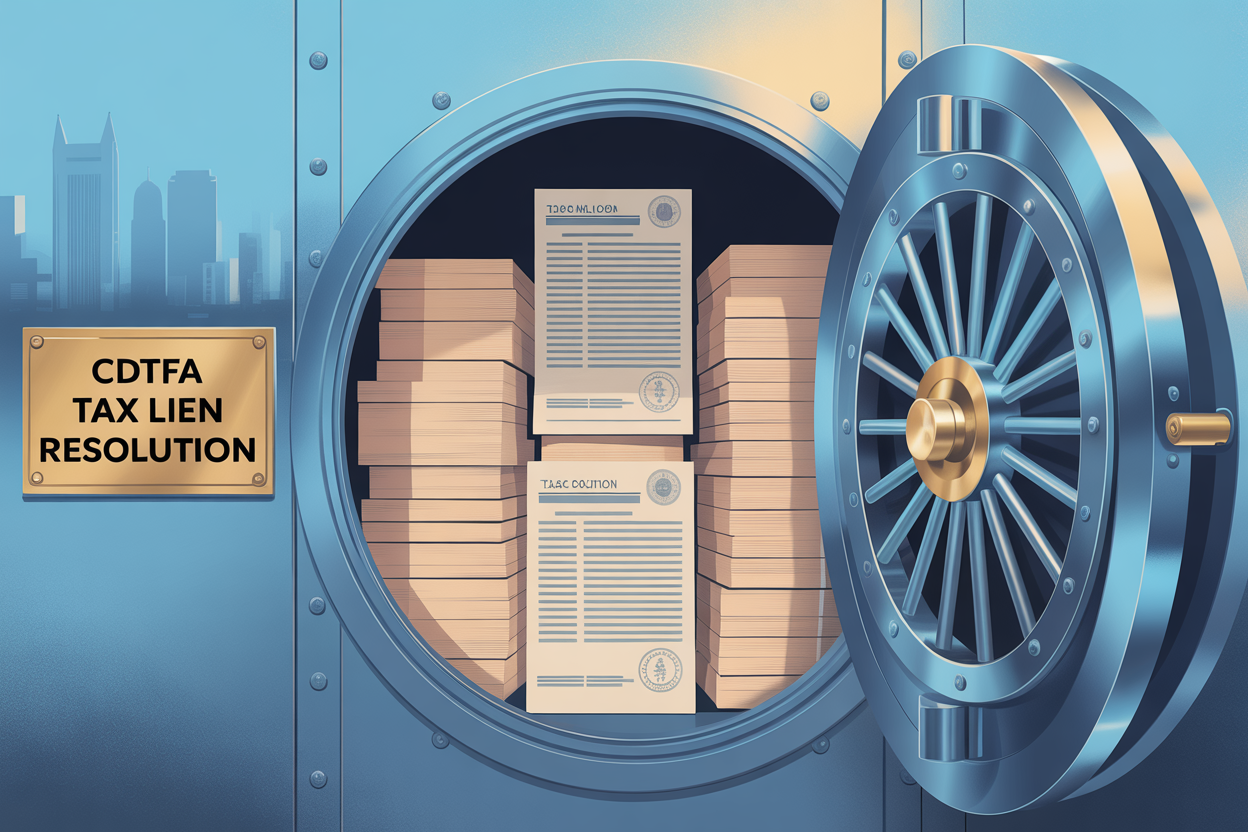
When the California Department of Tax and Fee Administration (CDTFA) believes you owe back taxes — especially after a sales or use tax audit — they can legally file a state tax lien against you or your business.
A tax lien is one of the CDTFA’s most powerful tools. It publicly secures the state’s claim to your assets, makes it harder to sell property, and damages your credit and business relationships. And it’s often just the beginning of deeper collection efforts.
In this post, we’ll explain exactly how CDTFA tax liens work in California, what triggers them, how they’re filed, how they affect you, and what you can do to fight back.
What Is a CDTFA Tax Lien?
A tax lien is a public legal claim filed by the CDTFA against your property — usually triggered when:
- You owe a tax balance
- You failed to resolve it by the due date
- And the CDTFA has issued notices demanding payment
A lien does not seize property, but it secures the government’s interest in everything you own:
- Bank accounts
- Real estate
- Vehicles
- Business assets
- Future settlements or proceeds
When Does the CDTFA File a Lien?
Liens are typically filed after a Notice of Determination becomes final (meaning you did not successfully appeal or pay it) or when a tax debt is clearly delinquent.
You may receive:
- A
Demand for Immediate Payment
- A
Final Notice Before Lien
- A
Notice of State Tax Lien Filed
Even if you’re in an installment plan, the CDTFA may still file a lien to protect its interest — especially if you previously defaulted or delayed compliance.
Where Are CDTFA Liens Filed?
CDTFA tax liens are filed:
- With the
county recorder’s office in the county where your business or assets are located
- With the
California Secretary of State
- And sometimes reported to
credit bureaus,
banks, or licensing agencies
They’re public records — searchable online by lenders, vendors, and competitors.
How Do CDTFA Liens Affect Your Business?
| Impact | Consequences |
|---|---|
| Credit | Can destroy your ability to secure financing or vendor terms |
| Licensing | Can lead to license suspension or denial (BOE, contractors board, etc.) |
| Real Estate | Clouds title and must be resolved before sale or refinance |
| Public Record | Customers, partners, or competitors may discover it |
| Escalation | Often a precursor to levies or seizures |
How Long Do CDTFA Liens Last?
Under California law, CDTFA liens are valid for 10 years and can be renewed. There’s no automatic expiration unless the tax debt is resolved or the state fails to act.
They can survive:
- Business entity closures
- Personal bankruptcy (in some cases)
- Death of the taxpayer (attaching to the estate)
Can a Lien Be Released?
Yes. You may be able to get a lien released if:
- You
pay the tax debt in full
- You enter into a
formal resolution like an Offer in Compromise or full Installment Agreement
- You provide a bond or other security
- The lien was
filed in error
Once resolved, the CDTFA must issue a Certificate of Release, which you can record with the county or show to lenders.
How Boulanger CPA Can Help
As an Orange County-based CPA firm, we help clients with:
- Preventing lien filings by responding early
- Removing existing liens through proper channels
- Negotiating with CDTFA for settlements or payment plans
- Avoiding levies or seizures
- Restoring credit with documentation and third-party communication
Don’t wait until enforcement begins — once a lien is filed, your options narrow quickly.
Related Posts
- California Sales Tax Audits Step by Step
- CDTFA Penalties – What You Can Owe
- Can You Negotiate a CDTFA Audit Balance?
- How to Get Audit Penalties Abated with the CDTFA
Frequently Asked Questions
What is a CDTFA tax lien?
It’s a public legal claim the state files against your property when you owe sales or use tax, typically after failed payment or audit resolution.
Does a CDTFA lien mean the state will seize my assets?
No, a lien is different from a levy. A lien is a legal claim — not an immediate seizure — but it often precedes enforcement.
How do I remove a CDTFA lien?
Generally by paying your balance, entering a settlement or payment plan, or proving the lien was filed in error.
Do CDTFA liens affect credit and licenses?
Yes. They are public records and can block financing, licensing renewals, and business relationships.
📣 About the Author
Marc Boulanger, CPA is the founder of Boulanger CPA and Consulting PC, a boutique tax resolution firm based in Orange County, California and trusted by high-income individuals and business owners across Southern California.
He is the author of Defend What’s Yours: A California Taxpayer’s Guide to Beating the IRS and FTB at Their Own Game, available now on Amazon. The book offers a step-by-step plan for resolving IRS and FTB tax debt without losing your business, your home, or your peace of mind.
With over a decade of experience resolving high-stakes IRS and State tax matters, Marc brings strategic insight to complex cases involving wage garnishments, bank levies, unfiled returns, and six-figure tax debts. He is known for helping clients reduce or eliminate tax liabilities through expertly negotiated settlements and compliance plans.
Marc is a Certified Public Accountant licensed in California and Oklahoma and holds the designation of Certified Tax Representation Consultant. He is a member of the American Society of Tax Problem Solvers (ASTPS) — the national organization founded by the educators and practitioners who have trained thousands of CPAs, EAs, and tax attorneys in IRS representation strategy.
Every case is handled with discretion, proven methodology, and direct CPA-led representation — not call center scripts.
📍 Learn more at www.orangecounty.cpa or call (657) 218-5700.

